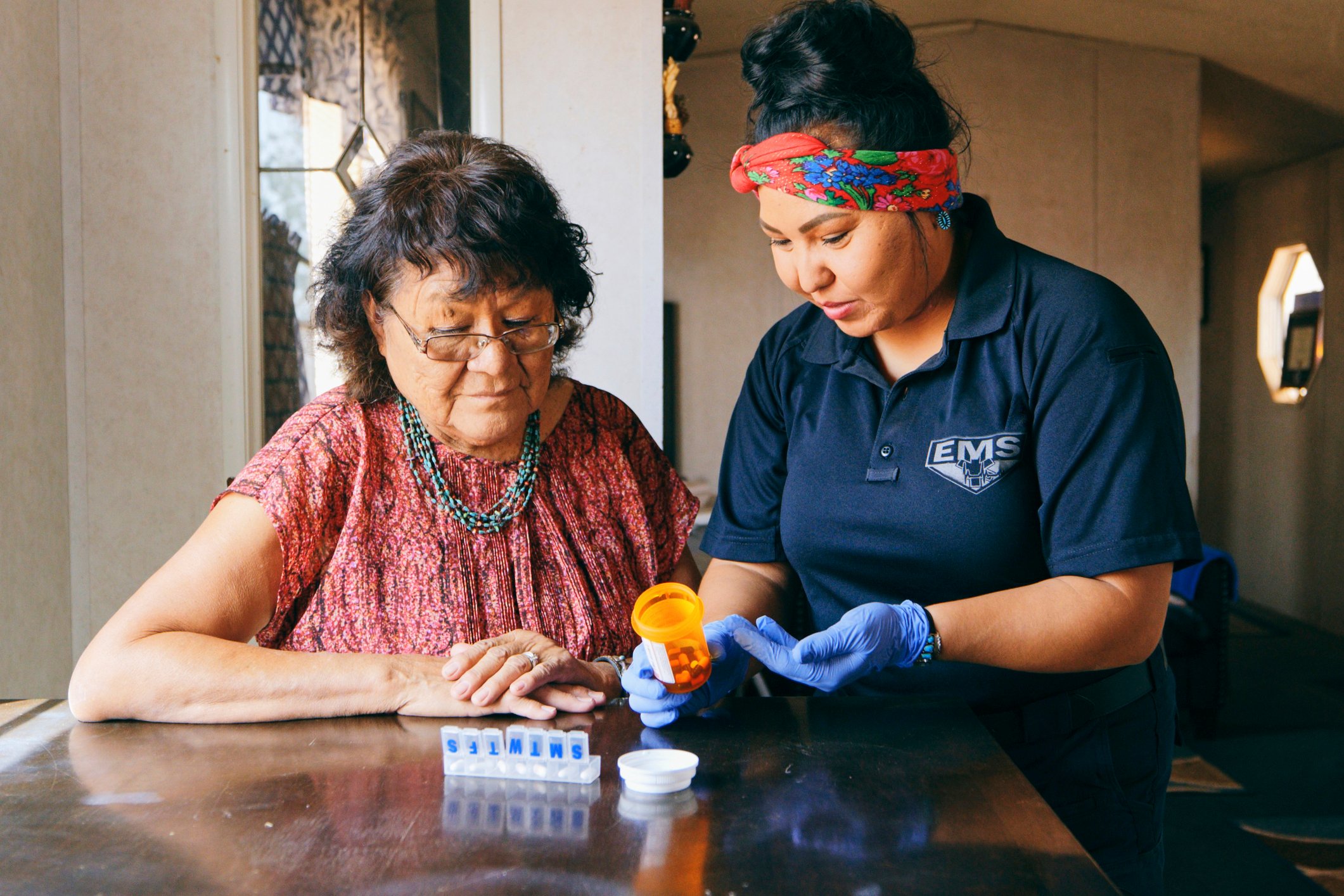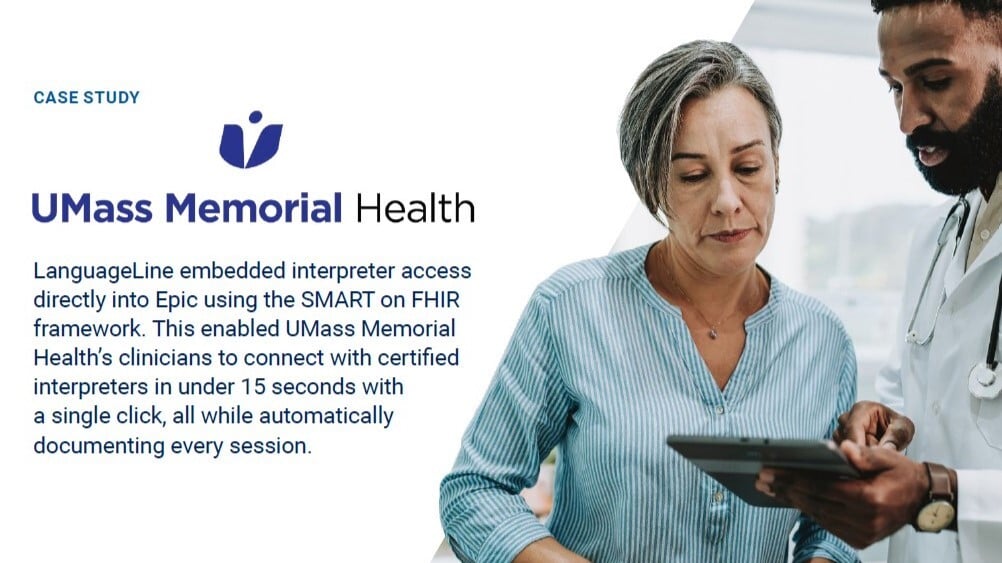
Hispanic Americans are confronted with a daunting reality: they are 1.5 times more likely to develop Alzheimer’s or other forms of dementia compared to White Americans. As the number of Latinos diagnosed with Alzheimer's escalates, a pressing question emerges: Why is this community particularly susceptible? And what can be done to give them greater access to care and research than they currently have?
Roots of the Increased Risk
The underlying reasons for the heightened risk among Hispanics predominantly trace back to an amalgamation of health and socioeconomic factors. High blood pressure, diabetes, heart disease, and strokes—all prevalent within the Hispanic community—contribute to the augmented risk.
Coupled with these health issues are barriers to preventive services like early diagnosis, exercise programs, and medication. These barriers are often attributed to language and culture.
Dr. Maria Mora Pinzon from the University of Wisconsin-Madison offers a nuanced perspective. She elaborates, "Socioeconomic factors such as education, income, and occupation deeply affect the incidence of Alzheimer's disease and related dementia."
Disparities rooted in socioeconomic standing and the resultant health impacts often play a role in the prevalence of Alzheimer's among Hispanic Americans.
A Multifaceted Issue
While the factors contributing to the increased Alzheimer's risk are multifaceted, another challenge for Hispanics emerges after diagnosis: a significant language barrier.
Dr. Carlos Rodriguez, a clinical psychologist with Corewell Health, pinpoints both personal and societal challenges. He mentions the stigma associated with memory loss and further discusses institutional hurdles like insurance availability and language-appropriate provider access.

Many diagnostic tests in neuropsychology have been standardized for English-speaking, predominantly white Americans. This means that non-English speakers might not receive accurate assessments, further delaying their diagnosis and treatment. Dr. Rodriguez highlights the importance of considering non-English speakers during testing for memory, language, and cognitive abilities.
Further complicating matters, the existing healthcare infrastructure seems unprepared to accommodate the impending surge in Alzheimer's cases within the Latino community. Manuel Beltran's personal account, detailing the challenges he faced while caring for his Alzheimer's-afflicted father, underscores the profound effects of the language barrier. This barrier extends beyond diagnosis and care—it influences the quality of life in nursing homes and daily interactions, making mundane tasks, such as understanding the intent of caregivers, a challenge.
Research and Roadblocks
While researchers are keen on including more Hispanics in Alzheimer’s research, language remains a formidable hurdle. Dr. Benjamin Sommers, a health policy expert, emphasizes the significance of this language barrier, "It’s very hard to find a hospital that does Spanish-language dementia testing.”

Two telling studies further spotlight the disparity. A 2019 Alzheimer's Association study revealed that only 11.7% of non-English speakers with Alzheimer's were diagnosed, a sharp contrast to the 22.3% diagnosis rate of English speakers. Furthermore, a 2020 study by the National Center for Health Statistics noted a glaring difference in care services access, with only 40.5% of non-English speaking Alzheimer's patients receiving services, compared to 55.3% of their English-speaking counterparts.
The Way Forward
Dr. Pinzon emphasizes the necessity of Hispanic participation in clinical studies. "There's an increased interest in recruiting more Hispanics/Latinos in research," she states, underscoring the need to eliminate research participation barriers.
With forecasts suggesting an alarming increase in Alzheimer's cases among Latinos, the pressing need of the hour is a twofold approach: address the inherent health and socioeconomic factors contributing to the heightened risk and overhaul the current care system to be inclusive, empathetic, and effective for non-English speaking patients. The journey may be challenging, but the stakes—human dignity, quality of life, and equitable healthcare—are too high to ignore.
Important Steps to Overcome Language and Cultural Barriers
Overcoming language barriers in healthcare is essential to ensure that non-English speakers receive quality care. Effective communication is crucial for accurate diagnoses, treatment plans, and patient understanding and adherence to recommended care. Here are some strategies and solutions to address this issue:
Create a Comprehensive Language Access Plan: Healthcare institutions should have a clear plan in place, detailing how they will address language barriers, from initial patient contact to discharge and follow-up. Given the historical presence of language barriers in Alzheimer’s care, a language-access plan should be accentuated in dementia care.
Medical Interpreters: Access to equitable care begins with the use of trained professional interpreters who provide real-time language services. These interpreters can be present in-person or accessed virtually via phone, video, or telehealth.
Interpretation for Telehealth Platforms: Ensure that all telehealth platforms used in Alzheimer’s care have simple and intuitive access to on-demand interpretation.
Translation of Written Materials: Translate important documents such as patient consent forms, informational brochures, post-treatment care instructions, and medication details into multiple languages. Written tests should also be translated.
Cultural Sensitivity Training: Provide healthcare staff with cultural sensitivity training to enhance their ability to understand and respect the cultural nuances and values of non-English speaking patients.
Patient Advocates: Assign patient advocates who understand both the language and culture of non-English speaking patients to assist them in navigating the healthcare system. These advocates should also be trained in how to access interpreters on-demand.
Community Outreach: Collaborate with community leaders and organizations to educate non-English speaking communities about available healthcare resources and to gather feedback on their needs.
Feedback System: Establish a feedback mechanism for non-English speaking patients to share their experiences, concerns, and suggestions for improvement.
Engage Families and Caregivers: While family members should never be primary interpreters, engaging them can provide emotional comfort and additional context.
Educate the Public: Run awareness campaigns informing non-English speakers and their families about their rights to interpretation services when receiving Alzheimer’s care and how to access them.
LanguageLine Can Help
LanguageLine Solutions can play a pivotal role in the by providing interpreter and translation services tailored for Alzheimer’s healthcare settings. With a focus on quality, accuracy, and empathy, our interpreters and translators can help break down communication barriers, ensuring that patients receive accurate diagnoses, understand their treatment options, and participate actively in their care.
Enhancing Communication in Critical Situations: Diagnosis and treatment discussions, especially for conditions as severe as Alzheimer's, require clear and concise communication. Misunderstandings or misinterpretations can have grave consequences. By working with our linguists, you ensure that medical instructions, diagnoses, and care plans are conveyed accurately and understood fully. We deliver on-demand and in-person professional interpretation in more than 240 languages, as well as translation of all written materials in nearly 300 languages.
Empowering Research and Clinical Trials: Dr. Pinzon's emphasis on the importance of Hispanic participation in clinical studies is critical. LanguageLine can support these initiatives by providing interpretation services, ensuring that non-English speaking participants understand the objectives, processes, and potential risks and benefits of the studies.
Supporting Comprehensive Language Access Plans: For healthcare institutions aiming to design and implement a comprehensive language access plan, LanguageLine can offer expertise, resources, and technology to make this vision a reality. Our experience can guide institutions in creating a robust plan that addresses all facets of patient care, from admission to discharge.
Technological Integration for Seamless Care: In today's digital age, telehealth and virtual consultations are becoming commonplace. We can integrate our services with these platforms, ensuring that even in virtual settings, patients and caregivers face no language barriers.
Testing and Training of Bilingual Staff and In-House Interpreters: Bilingual staff and in-house interpreters are tremendous assets, but how can you guarantee their language and cultural proficiency? LanguageLine provides testing and training that provides you with this assurance.
A Collaborative Future
As the looming threat of a rise in Alzheimer's cases among Latinos becomes imminent, collaboration between healthcare institutions and entities like LanguageLine is more vital than ever. Such partnerships can ensure that language and cultural barriers are addressed proactively, leading to more equitable, comprehensive, and compassionate care for Hispanic Americans.
While the challenges are significant, with the right resources and a focused approach, we can pave the way for better Alzheimer's care for Hispanic Americans, ensuring that they are not left behind due to language barriers.
We invite you to visit our website and schedule a consultation to learn more about how LanguageLine can help you provide enhanced care to patients who speak limited English.





